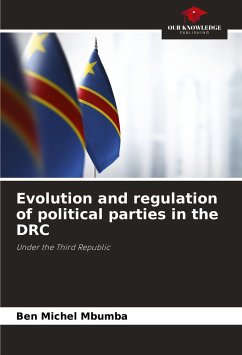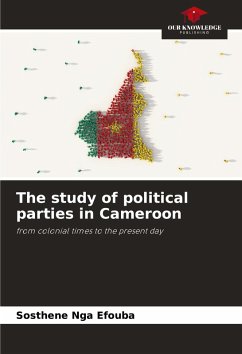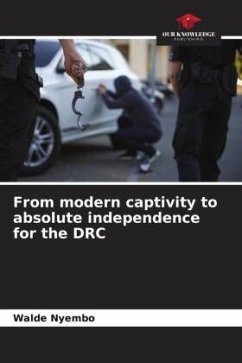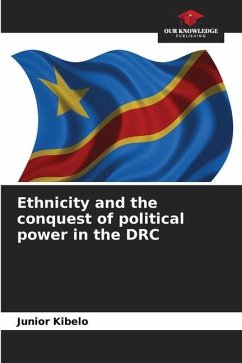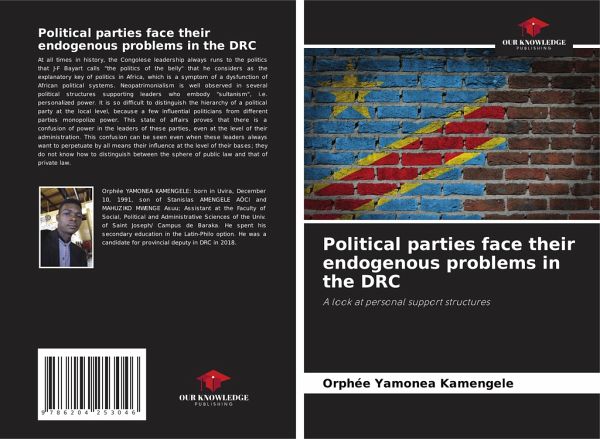
Political parties face their endogenous problems in the DRC
A look at personal support structures
Versandkostenfrei!
Versandfertig in 6-10 Tagen
27,99 €
inkl. MwSt.

PAYBACK Punkte
14 °P sammeln!
At all times in history, the Congolese leadership always runs to the politics that J-F Bayart calls "the politics of the belly" that he considers as the explanatory key of politics in Africa, which is a symptom of a dysfunction of African political systems. Neopatrimonialism is well observed in several political structures supporting leaders who embody "sultanism", i.e. personalized power. It is so difficult to distinguish the hierarchy of a political party at the local level, because a few influential politicians from different parties monopolize power. This state of affairs proves that there...
At all times in history, the Congolese leadership always runs to the politics that J-F Bayart calls "the politics of the belly" that he considers as the explanatory key of politics in Africa, which is a symptom of a dysfunction of African political systems. Neopatrimonialism is well observed in several political structures supporting leaders who embody "sultanism", i.e. personalized power. It is so difficult to distinguish the hierarchy of a political party at the local level, because a few influential politicians from different parties monopolize power. This state of affairs proves that there is a confusion of power in the leaders of these parties, even at the level of their administration. This confusion can be seen even when these leaders always want to perpetuate by all means their influence at the level of their bases; they do not know how to distinguish between the sphere of public law and that of private law.



